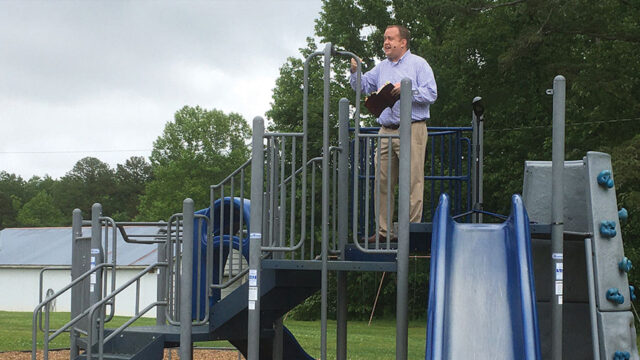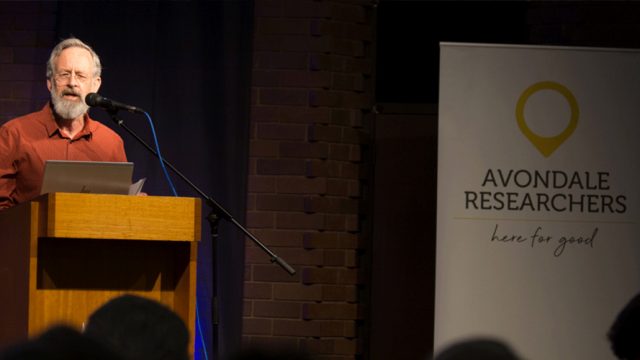Royalty can take different forms.

“The king is dead,” they used to say, “Long live the king!” Should we now say, “The prince is dead: Long live the prince”? I do not know.
But this time around it’s a prince who has died — the prince, Prince Philip, royal consort of Her Majesty Queen Elizabeth II, sovereign over him, over the United Kingdom, and over 15 other Commonwealth countries for nearly three-quarters of a century. Given our lifespan, that is a long time for any human to spend doing anything here on earth.
I fell into a conversation with a friend of mine about the prince’s passing. We got to talking about the recent passing of my own dad, Ebenezer. I said to him, “My dad was a king to me, and I know he was so to the other members of my family.” He, too, spent a long time, 64 years, sharing love and faith in marriage with our mom. Their life together was a cause for much admiration among all who knew them.
So was Dad himself. Led by principle, he provided for and supported his family on every front: a huge supporter of Christian education, he sent his children to a Seventh-day Adventist school, two hours’ travel away from their home; like Abraham, he commanded his household after himself, so setting the example for following God. I know of a pastor whose privilege it was to stay in my father’s house long after almost all my siblings and I had left to form our own families. His most precious memory from that stay was waking up in the morning to hear my dad and mom conducting family worship — just the two of them — in the living room. He tells me that it’s impossible for him to forget the mental and spiritual dedication their voices communicated as they reviewed the Sabbath School lesson with its biblical passages and Spirit of Prophecy quotations, and as they shared comments on the moral implications of their study.
The church where Dad was the local elder operated a school. When the national government determined that they alone would provide all formal education across the country, they also attempted to acquire the building that housed our church school. My dad led out in a sudden and swift transformation of the building, literally overnight, that turned it into a youth center and prevented the government from taking over the building.
In another instance that demonstrated his commitment to his faith, he turned down a tantalizing offer of supervisory promotion that was contingent upon him working on Saturday (Sabbath). Intriguingly, sometime after he respectfully declined the offer because it challenged his commitment to his Sabbath observance, the position was bestowed on him without the Saturday requirement. It was a direct testimony for many of the reward God gives to His children even here and now on earth, if they will be faithful to Him.
Dad’s stewardship of material treasure was unquestionable and included generous support of several mission-driven initiatives of the local church and the wider church body.
It was always clear how he felt about his beliefs: he shared them unabashedly wherever he went. His engagement in individual as well as group evangelism led several individuals to accept Jesus Christ as their personal Savior.
The world mourns with Great Britain’s queen, her family and citizenry, as they grieve the loss of their prince. He is remembered for many things: as a champion of volunteer work, a battle-hardened navy officer, a person of spiritual curiosity, and the man who spent three-quarters of a century of life as the closest intimate of the world’s most celebrated monarch. My dad will clearly not be remembered on earth as widely. But the hearts of all who mourn his loss can rest in the assurance that he will be remembered where it matters for eternity. We rejoice for what Jesus says His disciples should: “Rejoice that your names are written in heaven” (Luke 10:20, ESV).








